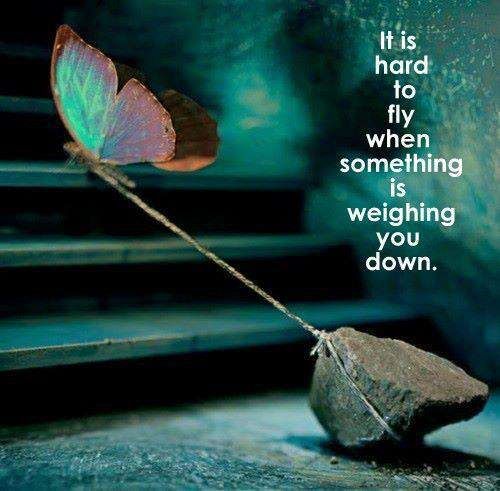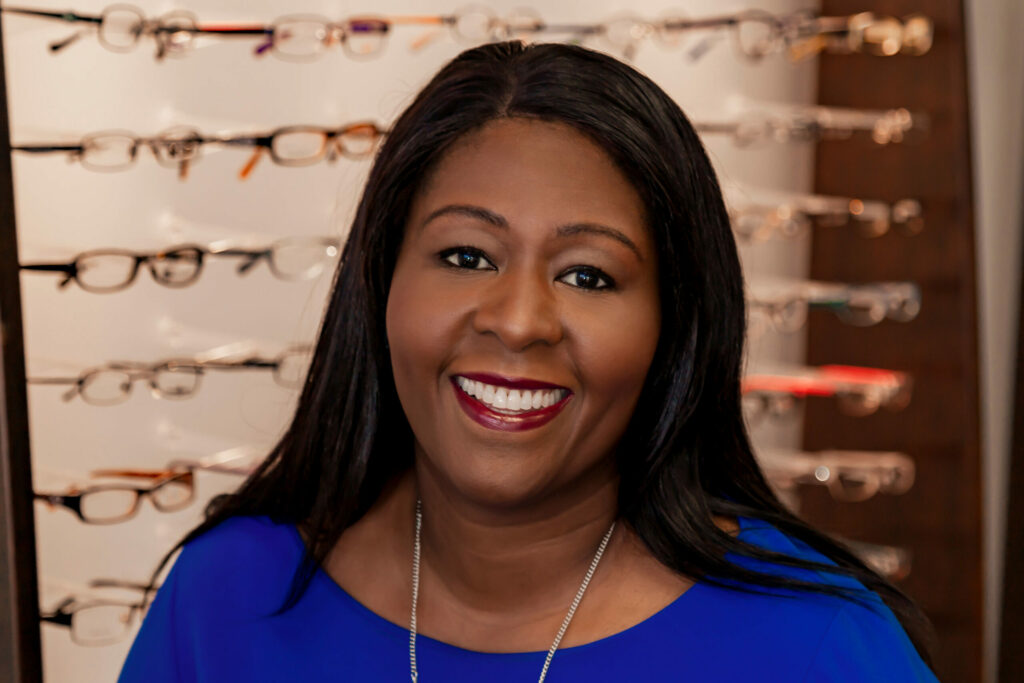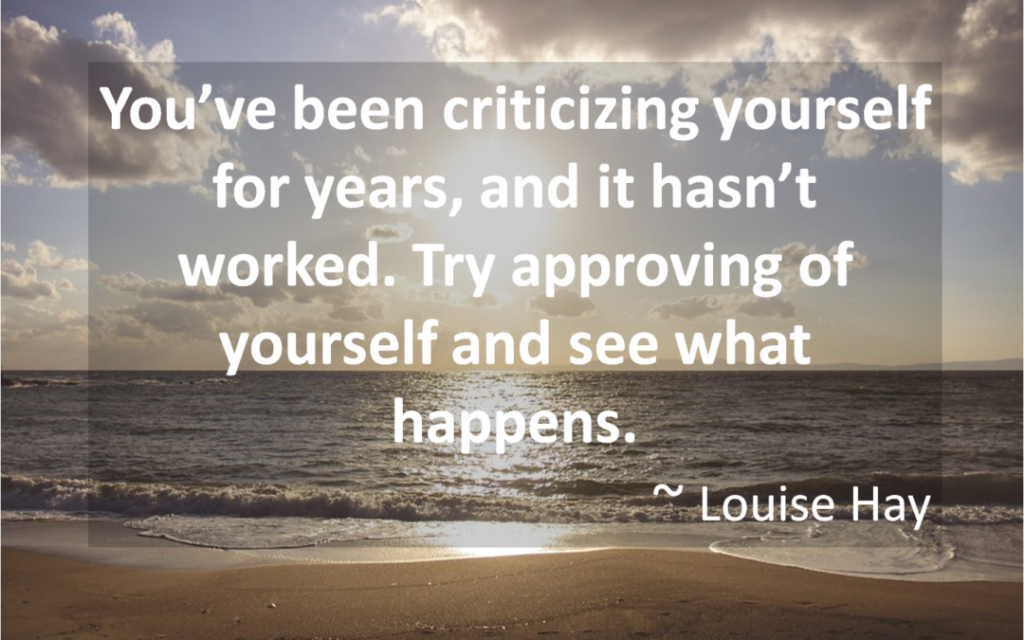What Do You Believe? Overcoming the 16 Limiting Beliefs Preventing You From Thriving

In the ebook “What Do You Believe? 16 Limiting Beliefs Preventing You From Thriving” by Tony Robbins, the primary focus is on the immense power that beliefs hold in shaping our reality. Our beliefs can either empower us to achieve greatness or restrict us from reaching our full potential. Limiting beliefs, in particular, are the unconscious thoughts that control our actions, limiting our potential, and diminishing our outcomes. Robbins delves deep into identifying these limiting beliefs and provides strategies to overcome them, helping us live a more successful and fulfilled life.
The Power of Beliefs
Robbins argues that our beliefs form the foundation of our self-concept. They shape how we see ourselves, influence our behavior, and dictate the results we achieve. Beliefs, potential, and action are interlinked in a success cycle: the more confident we are in our beliefs, the more potential we unlock, leading to more significant action and better results. However, if our beliefs are limiting, the success cycle works in reverse, reducing our potential and outcomes.
Beliefs can either create or destroy. They are based on our interpretations of past experiences, and most are formed unconsciously. However, these beliefs do not have to define us forever. By consciously changing our beliefs, we can transform our lives.
16 Limiting Beliefs
Here are the 16 limiting beliefs that Robbins discusses, grouped into key areas of life:
Health
- “I don’t have time.”
Many people feel they are too busy to focus on their health. Robbins suggests shifting from a “should” mindset to a “must” mindset and prioritizing time for health. - “It’s too expensive.”
People believe that living a healthy lifestyle is costly, but Robbins shows that making small, affordable changes can make a huge difference. - “I don’t have the willpower.”
Willpower is not inherent; it’s a skill that can be learned and developed through consistent effort. - “I don’t understand.”
Many people feel that healthy living is too complicated. Robbins simplifies this process into essential principles to help anyone succeed in achieving better health.
Relationships
- “I don’t deserve love.”
Insecurity leads people to believe they are unworthy of love, but overcoming this belief is essential for developing healthy relationships. - “All the good ones are taken.”
This belief creates a scarcity mindset. By getting clear on what you want and taking action, you can attract the right person. - “What if I am settling?”
Robbins suggests avoiding stagnation in relationships by continuing to innovate and prioritize your partner, just as you did when the relationship began. - “I am scared of rejection.”
The fear of rejection is often a product of our interpretations. Finding empowering meanings in these moments can help overcome the fear.
Career
- “I don’t have what it takes to succeed.”
This limiting belief is often rooted in fear of failure. Robbins emphasizes that failure is not real; it’s simply a result that we can learn from. - “I could never do that.”
The fear of failure immobilizes us. Robbins encourages embracing failure as part of the journey toward success. - “I don’t have the skills or talent.”
Skills and talent can be learned. Commitment to continuous learning and growth is the key to success. - “Successful people are just lucky.”
Success is about persistence, dedication, and passion—not luck. Robbins shares real-life examples of individuals who overcame massive rejection before finding success.
Money
- “I am just not good with money.”
Without a plan, it’s impossible to succeed financially. Robbins suggests creating a strategic approach to money management and learning from those who have mastered it. - “I’ll never make enough money.”
This belief traps people in a scarcity mindset. Robbins advises using the power of compounding to create financial freedom. - “Money is made to be spent.”
To secure your future, you must save and invest wisely, rather than spend impulsively. - “I’ll never be able to retire.”
With the right plan, retirement is achievable. Robbins highlights the importance of saving and investing early for a secure future.
Practical Takeaways
Tony Robbins emphasizes that the only thing holding you back from success is the story you keep telling yourself. Limiting beliefs can be replaced with empowering beliefs by taking conscious control of our thoughts and actions. By confronting these limiting beliefs head-on and rewriting the narrative, we can unlock our true potential in every area of life, whether it be health, relationships, career, or financial success.
Conclusion
Overcoming limiting beliefs is not a one-time fix but a continuous process of self-discovery and growth. As Robbins teaches, the stories we tell ourselves either propel us forward or hold us back. Changing your beliefs can open up opportunities for greatness, abundance, and fulfillment in every aspect of life.
Call to Action
Are you ready to confront your limiting beliefs and break free from the patterns that are holding you back? Begin today by identifying one limiting belief in your life and commit to replacing it with a more empowering narrative. As Tony Robbins reminds us, “Knowledge is not power; execution is.” Take action now to design the life you’ve always wanted.
For more insights on overcoming limiting beliefs and achieving success, make sure to explore Tony Robbins’ books such as Unshakeable and MONEY Master the Game, and join the Optometry Divas community for resources and support to achieve the life of your dreams.





